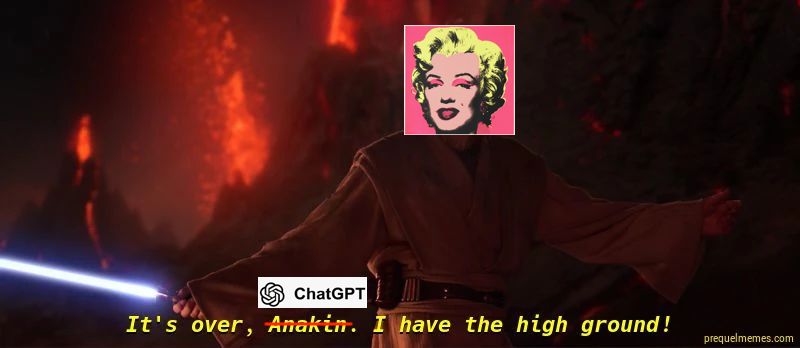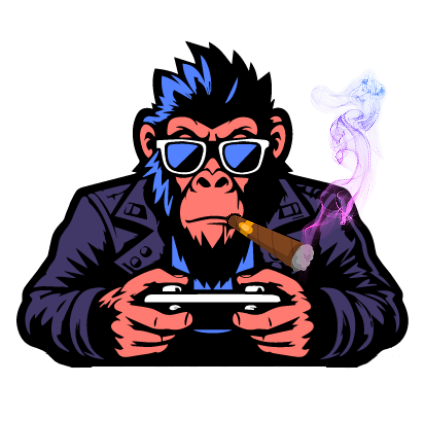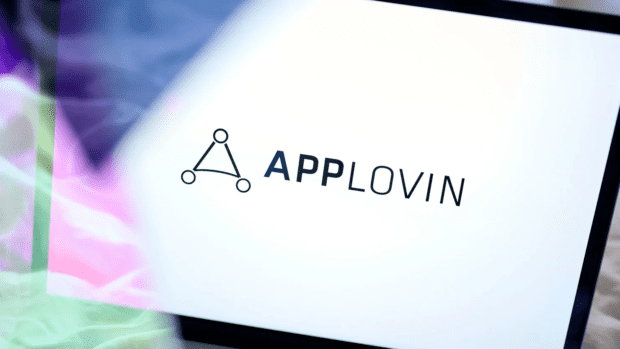
Anti-AI Artists Need Better Arguments
Journal 6 Phillip Black April 3

𝗔𝗻𝘁𝗶-𝗔𝗜 𝗔𝗿𝘁𝗶𝘀𝘁𝘀 𝗡𝗲𝗲𝗱 𝗕𝗲𝘁𝘁𝗲𝗿 𝗔𝗿𝗴𝘂𝗺𝗲𝗻𝘁𝘀.
𝗧𝗵𝗲𝘆’𝗿𝗲 𝗟𝗼𝘀𝗶𝗻𝗴 𝘁𝗵𝗲 𝗔𝗜 𝗗𝗲𝗯𝗮𝘁𝗲 Another wave of AI advances, another chorus of artists crying foul. Each wave has been unoccupied by serious argumentation; pro-Copyrightists need to advance something beyond an assumed conclusion if they want to win minds, not just hearts. Copyrightists routinely declare AI-generated art and “training” as copyright infringement and insist artists are owed royalties. This assumption is anything but obvious.
If every artist owes royalties to those who came before, should every “pop” artist who creates in the style of Eduardo Paolozzi owe his estate royalties? Film director Tarantino routinely mirrors Spaghetti-western shots; his royalty bill must be absurd. Art and science have always evolved by imitation and influence; the very idea of copyright is a recent invention. No one knows this better than games!
The universal outcry against WB Games’ patenting of the Shadow of War’s Nemesis system, widely condemned for stifling design creativity, starkly contrasts enthusiastic support for generative AI art royalties. Mobile gaming, in particular, is an industry built on iterative copying and rapid innovation. (How exactly again would these AI royalties function?)
Mobile gaming, infamous for clones and slight variations, thrives precisely because imitation accelerates innovation; it’s one of the great examples of a near-perfect competition economic model. All this cloning and imitation haven’t dampened creativity or investment; instead, they’ve grown it. In fact, mobile gaming is the strongest case against state-enforced copyright altogether.
One of AI’s biggest mistakes was painting a target on its back. Calling it “𝘢𝘳𝘵𝘪𝘧𝘪𝘤𝘪𝘢𝘭 intelligence” misrepresents the human ingenuity embedded in it; AI is anything but artificial. Instead, it’s the best of humanity’s startling achievements. It learns from all great masters across history, aggregating their brilliance into something, and yes, distinctly human. AI actually stands for “𝘢𝘨𝘨𝘳𝘦𝘨𝘢𝘵𝘦𝘥 intelligence”. Claims that AI lacks a “soul” collapse when blind art submission contests consistently rank AI-generated works at the top. New art tools like the musical synthesizer or Photoshop have always faced moral lobbying before deep acceptance and eventual adoption.
Is there room for royalties or specific protections? Perhaps. But this case must be articulated, not assumed.







